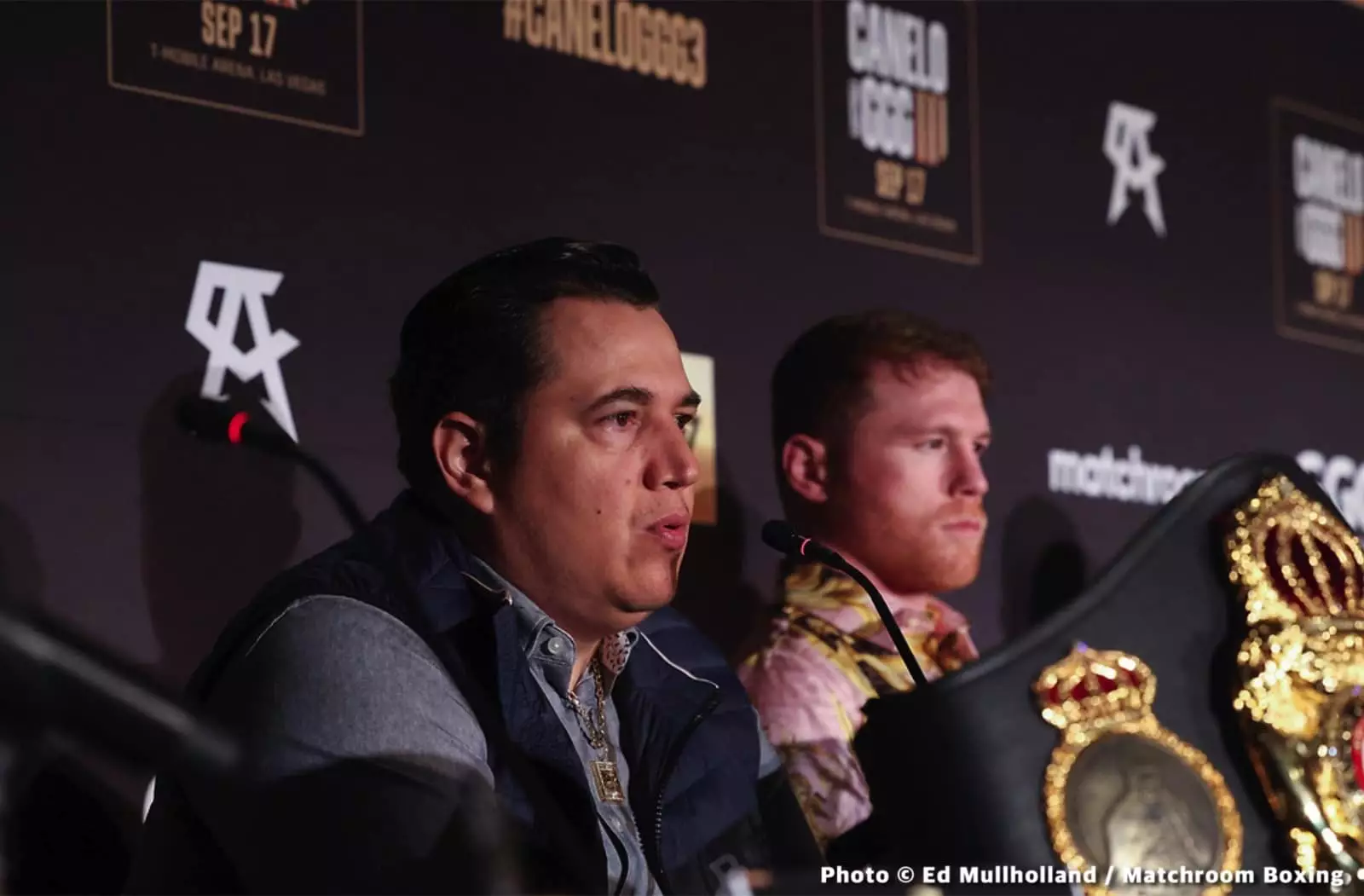In the high-stakes world of professional boxing, reputation and trust are as valuable as a knockout punch. When allegations of doping surface, the entire fabric of one’s credibility is put to the test. The recent controversy surrounding trainer Eddy Reynoso exemplifies how the sport’s integrity is often scrutinized, sometimes unfairly. Reynoso, a renowned figure in boxing, found himself under intense pressure after fighters associated with him failed drug tests. Such situations highlight the critical need for transparency, accountability, and an unwavering commitment to clean sport. It’s easy for fans and critics alike to jump to conclusions, especially when public trust has been eroded by past scandals. However, the challenge lies in separating fact from fiction, ensuring that innocent parties are not unjustly tarnished, and reinforcing a culture of honesty in boxing.
Defending Reputation Amidst Allegations
Reynoso’s public response underscores the importance of clear communication. His insistence that he was not involved in the recent fight involving Francisco Rodriguez demonstrates an effort to protect his reputation from unwarranted damage. The assertion that he only met Rodriguez recently and had no role in the bout forms a critical part of setting the record straight. Yet, in the age of social media, raw accusations spread rapidly, often outpacing factual clarifications. This phenomenon reflects the darker side of the sport—where perception quickly becomes reality, regardless of truth. Reynoso’s stance exemplifies the necessity for public figures in boxing to address allegations head-on, transparently explaining their position, and distancing themselves from misconduct they did not commit.
Standing Firm for Clean Boxing
What truly distinguishes Reynoso’s statement is his passionate endorsement of anti-doping measures. His unequivocal support for drug testing and cleanliness in the sport reflects a broader ethical stance that should resonate across all levels of boxing. The reputation of a trainer or coach should rest on their commitment to fairness, discipline, and integrity. Reynoso’s clarification that he does not influence fighters’ nutritional or supplement plans emphasizes the importance of personal responsibility among athletes. It underscores that doping violations—if they occur—are not necessarily the result of coaches or trainers but can be linked directly to the athletes’ choices. In this context, Reynoso’s unwavering stance becomes a rallying cry for transparent, drug-free sport, pushing for stricter enforcement and moral accountability.
The Larger Question: Trust and Verification
This episode raises a vital question about the role of trust in professional boxing. While Reynoso’s passionate defense offers some reassurance, it also exposes the sport’s underlying vulnerabilities. The reliance on drug tests, although essential, is not foolproof. Historical doping scandals cast doubt on whether current measures are sufficient. Therefore, it becomes imperative for boxing organizations to invest in robust, transparent, and frequent testing protocols. Moreover, fostering a culture where integrity is celebrated over victory at any cost is necessary for the sport’s long-term health. Trainers, fighters, promoters, and officials have a collective responsibility to uphold these standards. Trust is built through consistent action, not just words, and the integrity of the sport depends on everyone playing their part.
Reforming the Sport’s Ethical Framework
While Reynoso’s declaration is a step in the right direction, it also highlights the need for systemic reforms. Beyond individual statements, the sport must embed anti-doping culture into its core values. This includes rigorous education for athletes on the importance of clean sport, transparent disciplinary processes, and harsher consequences for violations. Sanctions alone cannot suffice; fairness and deterrence must go hand in hand. A clean boxing environment not only preserves the sport’s credibility but also benefits the fighters who genuinely compete without shortcuts. With rising awareness, collective effort, and technological advancements in testing methods, boxing can strive to restore faith among fans and stakeholders who seek justice and integrity.
Despite the challenges, champions of fighter safety and honesty must remain steadfast. It’s only through unwavering commitment and transparency that boxing can evolve into a sport that celebrates skill, discipline, and true athleticism—free from the shadows of doping and dishonesty. The journey towards a cleaner sport demands vigilance, integrity, and the courage to face uncomfortable truths head-on.

